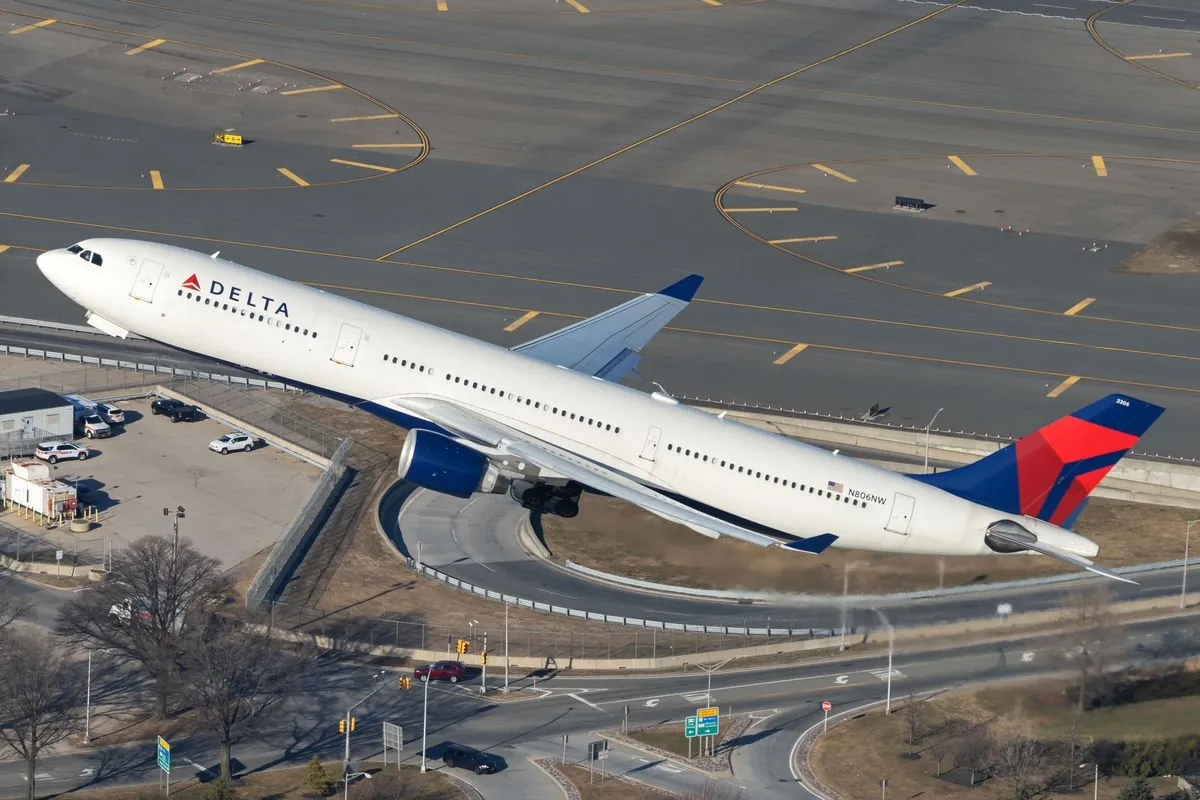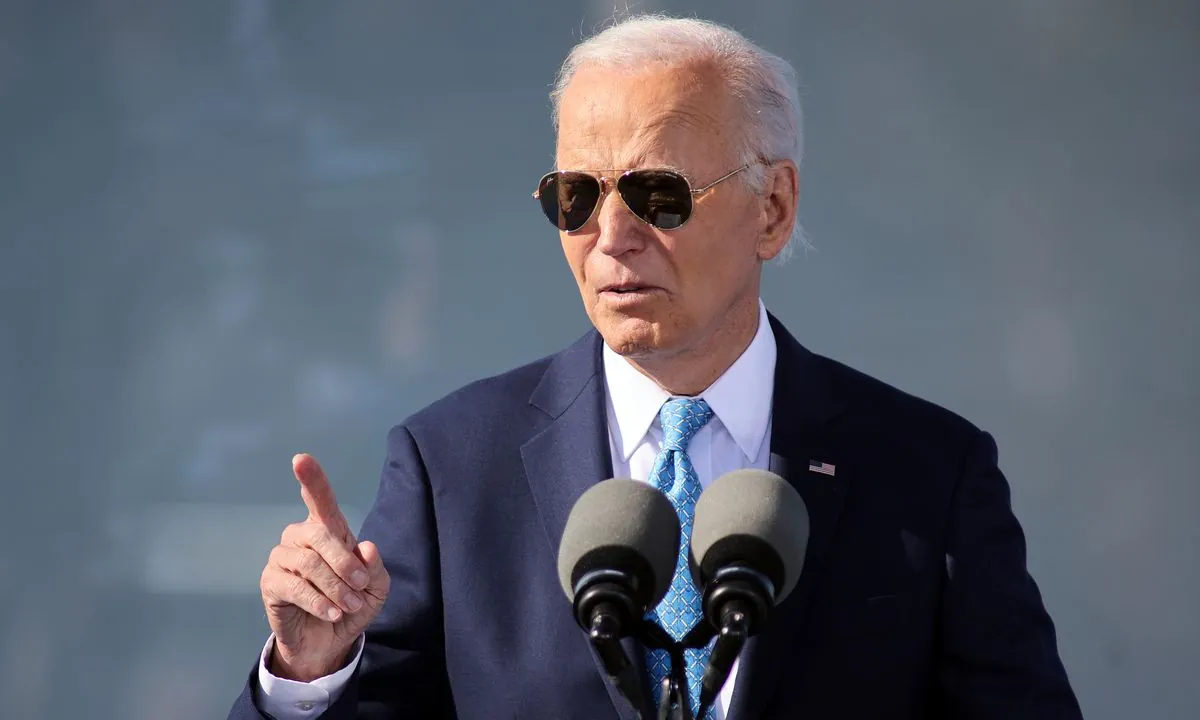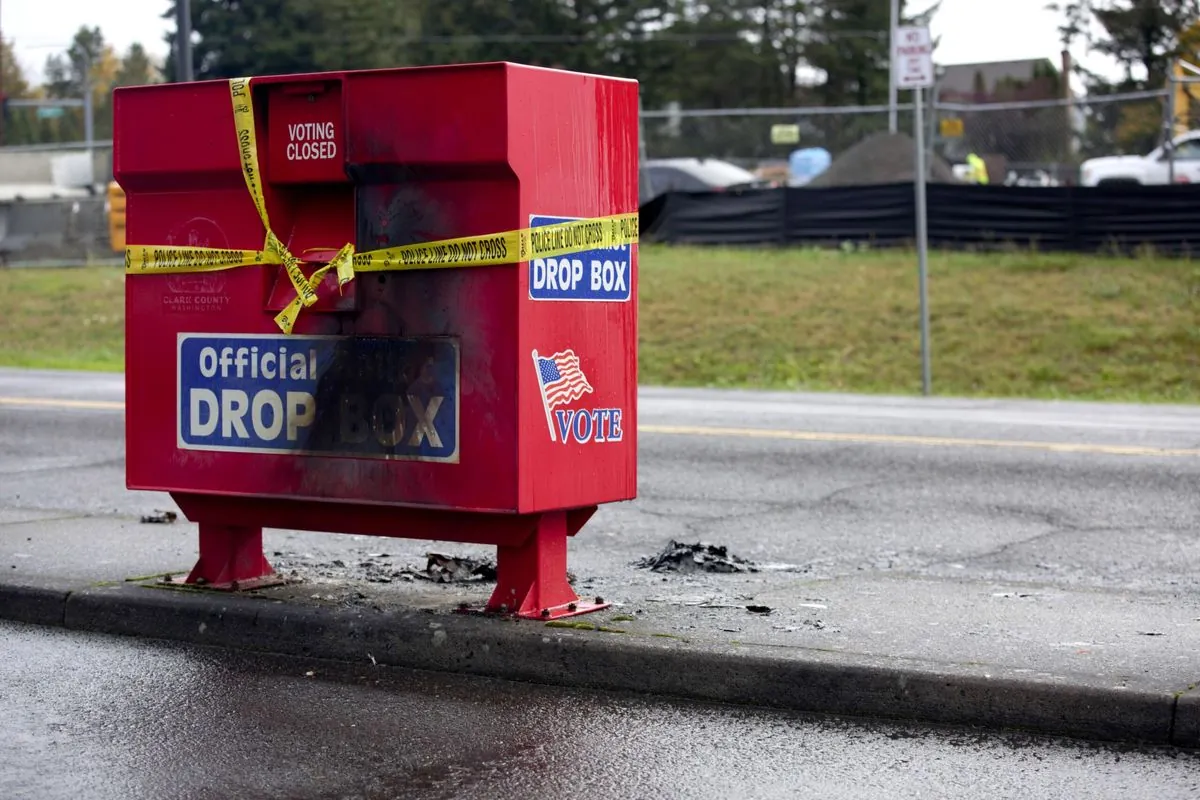Delta Wins Appeal in Flight Attendant's Sexual Assault Case, Sparks Debate
A federal appeals court rejects a former Delta flight attendant's lawsuit over an alleged 2018 sexual assault. The 2-1 decision prompts criticism from the dissenting judge, highlighting workplace safety concerns.

A federal appeals court has ruled in favor of Delta Air Lines in a case involving a former flight attendant's allegations of sexual assault. The decision, made by the 1st U.S. Circuit Court of Appeals in Boston, has sparked controversy and raised questions about workplace safety and the handling of sexual harassment claims in the airline industry.
The case stems from an incident that allegedly occurred six years ago during a layover in Dallas. The plaintiff, a former Delta employee, claimed she was drugged and sexually assaulted by a co-pilot in a hotel room. The lawsuit, filed four years ago, accused the airline of failing to conduct a thorough investigation and provide a safe work environment.

The court's 2-1 decision to reject the flight attendant's appeal has drawn attention to the complexities of investigating and adjudicating such cases. Judge Sandra Lynch, writing for the majority, stated that Delta's response was prompt and its conclusion regarding the co-pilot's credibility was not unreasonable.
However, the dissenting opinion by Judge O. Rogeriee Thompson strongly criticized the majority's ruling. Thompson argued that there were inconsistencies in the co-pilot's account and that evidence from the plaintiff's hospital examination suggested potential strangulation.
"Hers is a story of an insufficient investigation that a reasonable jury could believe. So she should get a chance to tell it at trial. And the jurors can then do with it what they will."
The case has brought to light several important aspects of airline operations and legal procedures. Delta Air Lines, founded 100 years ago, is one of the world's largest airlines, operating over 5,000 flights daily and serving 325 destinations in 52 countries. The company, which employs over 90,000 people worldwide, is subject to strict regulations, including regular drug and alcohol tests for flight attendants as mandated by the Federal Aviation Administration.
The lawsuit alleged violations of Title VII of the Civil Rights Act of 1964, which prohibits employment discrimination based on various factors, including sex. This federal law, now 60 years old, plays a crucial role in addressing workplace sexual harassment claims.
The incident in question led to a series of events, including the flight attendant failing a breathalyzer test, her subsequent suspension, and admission to a rehabilitation center. The Dallas Police Department, the ninth-largest municipal police force in the U.S., investigated the case but found insufficient evidence of an offense.
As the legal proceedings continue, this case highlights the ongoing challenges in addressing and investigating sexual assault allegations in the workplace, particularly in the airline industry. The statute of limitations for sexual assault varies by state, ranging from 3 to 30 years, underscoring the importance of timely reporting and thorough investigations.
The divided court decision and the strong dissenting opinion suggest that this case may continue to be a subject of legal and public debate, potentially influencing how similar cases are handled in the future.


































